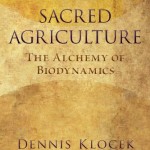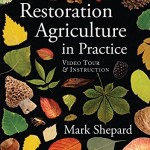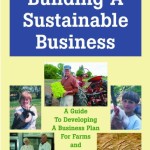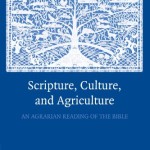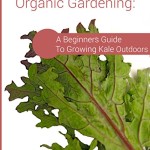
#For every purchase we will plant 1 seed in organic soil to grow, to feed somebody someday thanks !#
A beginners guide to growing kale outdoors will teach you how to start and grow your own kale.
Today there are many varieties of kale, some green even red and purple colored varieties.
Everyone knows kale is good for you, but most don’t know why. Kale is packed with antioxidant vitamins, minerals, phytonutrients and flavonoids. Also known to be a fighter of cancer, asthma, arthritis and skin aging;
Get ready to grow your own food at home.
Read More →